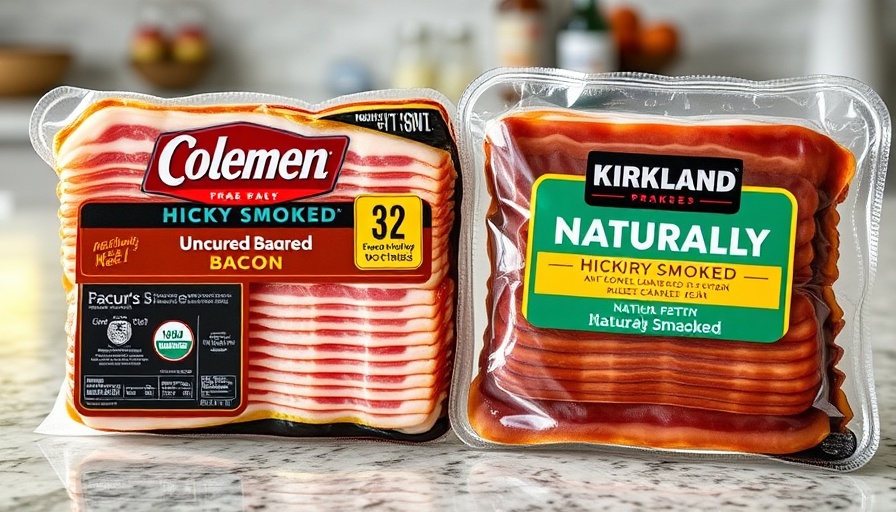
Understanding the Disconnect Between Doctors and Nutrition
In the realm of health care, where lifestyle choices significantly impact patient outcomes, the surprising gap in nutritional knowledge among physicians presents a concerning reality. Despite a diet being the foremost contributor to health issues—ranked above smoking—most medical practitioners are underprepared to guide patients in nutritional matters. As Dr. Ornish's studies indicate, dietary changes can reverse coronary artery disease; yet, cardiologists, among various specialists, report scant nutritional education, averaging less than 20 hours across their training. This underscores an alarming trend: while patients eagerly seek dietary guidance, many physicians are ill-equipped to provide it.
In the video 'How Much Do Doctors Know About Nutrition?', the critical lack of nutritional education among healthcare providers is examined, prompting an exploration of the consequences and potential solutions.
The Health Implications of Poor Nutrition Training
Cumulative evidence points to the sobering fact that millions of Americans are affected by diet-related conditions. Reported statistics show that inadequate fruit and vegetable consumption leads to millions of premature deaths annually, positioning the standard American diet as a pivotal health crisis. Notably, the lack of nutrition training for doctors—a mere five hours on clinical nutrition—heightens the risk of misinformation and inadequate dietary counseling. Without proper education, physicians may inadvertently guide patients toward detrimental eating habits, risking further health complications.
Conflicting Perspectives: The Obligation of Physicians
The ethical responsibilities of health professionals come into play when navigating dietary advice. Ignorance about nutrition should not deter medical practitioners from addressing it when treating patients. Advocates for lifestyle medicine suggest that, akin to smoking cessation practices established in modern health care, nutritional interventions should also be normalized in standard practice. Yet, many doctors remain hesitant, citing time constraints and a lack of training. However, it’s essential for clinicians to recognize that referring patients to nutrition specialists or recommending standard dietary improvements should be integral to patient care.
Evidence-Based Approaches to Nutrition in Medicine
Dr. Ornish has pioneered approaches utilizing whole-food, plant-based nutrition—a method that has shown significant promise in reversing heart disease—yet such evidence remains foreign to large swathes of the medical community. Continued education, receptivity to dietary science, and advocacy for planting the seed of change within medical institutions are crucial steps. Initiatives explaining the considerable role of nutrition in public health strategies stand to save countless lives.
Rethinking Nutrition Education in Medical Training
The question remains: how can we improve nutrition education in medical schools? Varied approaches, such as board certification in lifestyle medicine, workshops, and access to clinical nutrition resources, are essential for equipping physicians with the knowledge they need. Thanks to growing networks and repositories of information, medical professionals have unprecedented access to nutritional education tools that can impact their practice profoundly.
The Patient’s Right to Nutritional Knowledge
Patients deserve full transparency regarding the nutritional advice they receive. Not addressing the importance of diet is akin to withholding medication from a patient. Every person navigating their health—patients and doctors alike—should have access to evidence-based dietary strategies. Lifestyle choices shouldn't remain an under-discussed tool given their potential in battling chronic diseases and improving overall health outcomes.
In summary, the video "How Much Do Doctors Know About Nutrition?" highlights the urgent need for improved nutrition education for healthcare providers. It raises essential questions about the quality of healthcare and the depth of knowledge being imparted to patients. As medical professionals become more versed in nutritional science, patients can look forward to better health outcomes and informed choices in their dietary habits. Such shifts could lead to not only alleviating the burden of chronic illnesses but also fostering a proactive approach toward holistic health.
 Add Row
Add Row  Add
Add 







Write A Comment